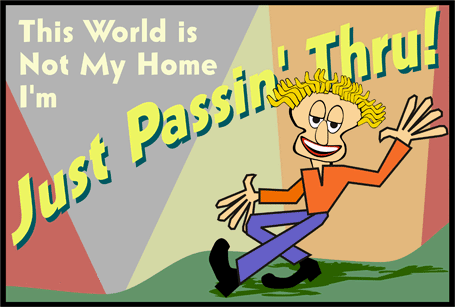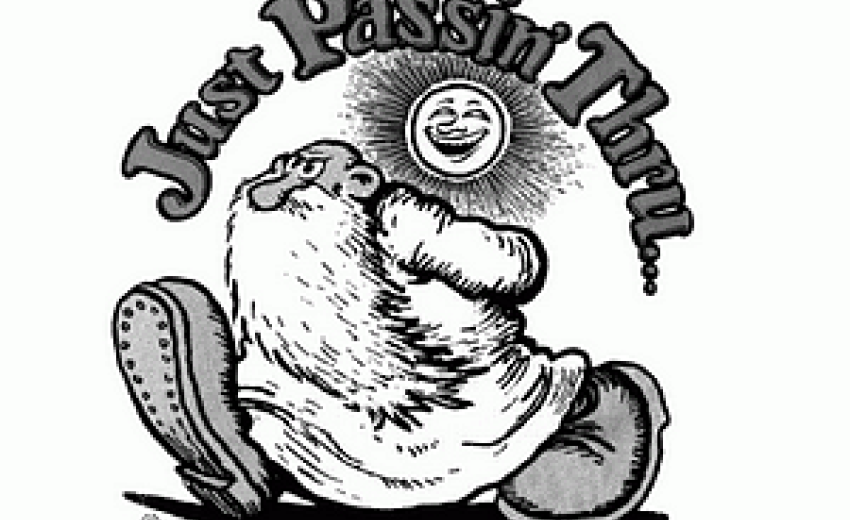Have you ever moved a long distance before? Is it not kind of like a small death? The people in your life change, you fade from the memory of some friends and vice versa. This is not necessarily a bad thing. In fact it can be a good lesson in overcoming attachment. In losing familiarity and comfort, we are forced to find new things to fulfill us. I think that when we are in good mental, physical, and spiritual health, these new fulfillments are just a projection of our essence.
My life has consisted of a lot of travel over the last year. I spend the majority of my time in India teaching at Miri Piri Academy, so the group of people that I interact with daily there have become like family. That is my place of comfort in many ways. But then I travel tor two months and like a ghost, I pass through people’s lives that I once spent so much time with. What I’ve learned is that there is a difference between love and attachment.
Attachment is for you, love is for the other. Attachment is possession and love is to set free. I see old friends that once held central positions in my life. I am now a little distant with them, but no love is lost. To hold in your heart the love you once gave to a friend, even if you don’t see them, is not attachment because you are happy to let them go. Your love allows you to let them go.
My summer has been a practice of that. I will soon return to India to teach and to learn in my big family over there. And the separation from those beloved people in my life tugs at my heart. But I love them so I can go to India in peace—even if I won’t see them for ten months (or if life has other plans, ever again).
My experience at camp is similar. I’m just moving through. And aren’t we all just passing through?
 Yesterday’s hukamnama touched on temporal love. Guru said that man
drowns in it. When do we know that our love is divine rather than
temporal? Certainly a marriage ceremony alone is not enough. I can think
of peers of mine who married young because they felt they could not
express their love before that contract. Many of those marriages ended
early and unhappily. Guru also spoke of the trap of duality. How do we
become one pointed? Certainly religion alone is not the answer. How many
people do we know that outwardly represent one thing yet their actions
belie a lack of principals?
Yesterday’s hukamnama touched on temporal love. Guru said that man
drowns in it. When do we know that our love is divine rather than
temporal? Certainly a marriage ceremony alone is not enough. I can think
of peers of mine who married young because they felt they could not
express their love before that contract. Many of those marriages ended
early and unhappily. Guru also spoke of the trap of duality. How do we
become one pointed? Certainly religion alone is not the answer. How many
people do we know that outwardly represent one thing yet their actions
belie a lack of principals?
Nam seems always to be the answer. But is the simple mechanical recitation of a word the answer? Or breath techniques? Or the recitation of bani? Can’t that also become ritual? Devotion? But can’t that become dogma?
I like the Siddhartha approach. In Hesse’s book, a young Brahmin takes his own path to enlightenment. He personally refuses the guidance of Buddha to walk his own path even though he knows Buddha is completely enlightened. I think that every Sikh has a path within the greater path. Guru is that Sikhs highest manifestation always tweaking the Sikh’s reality to teach the Sikh.
